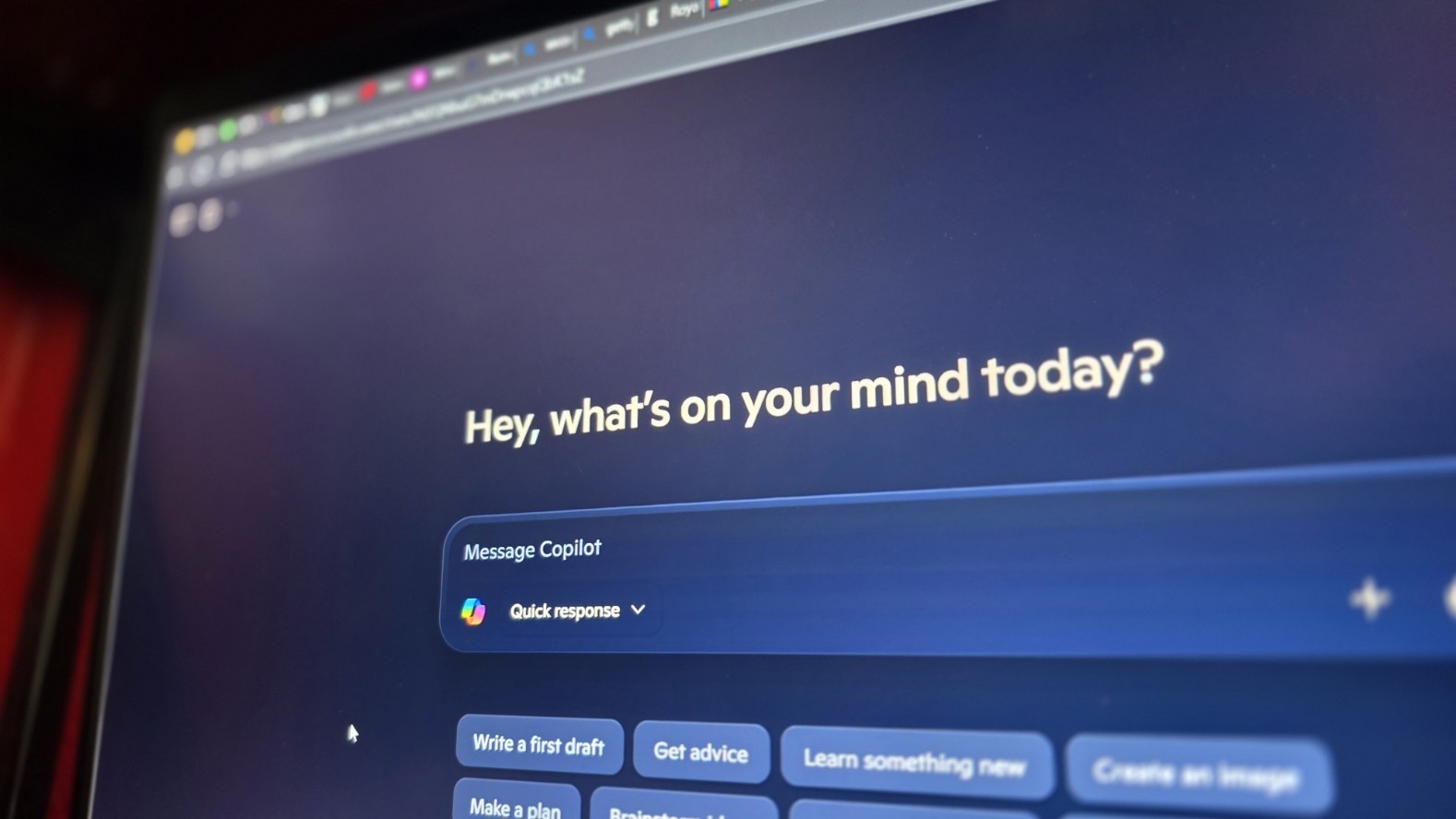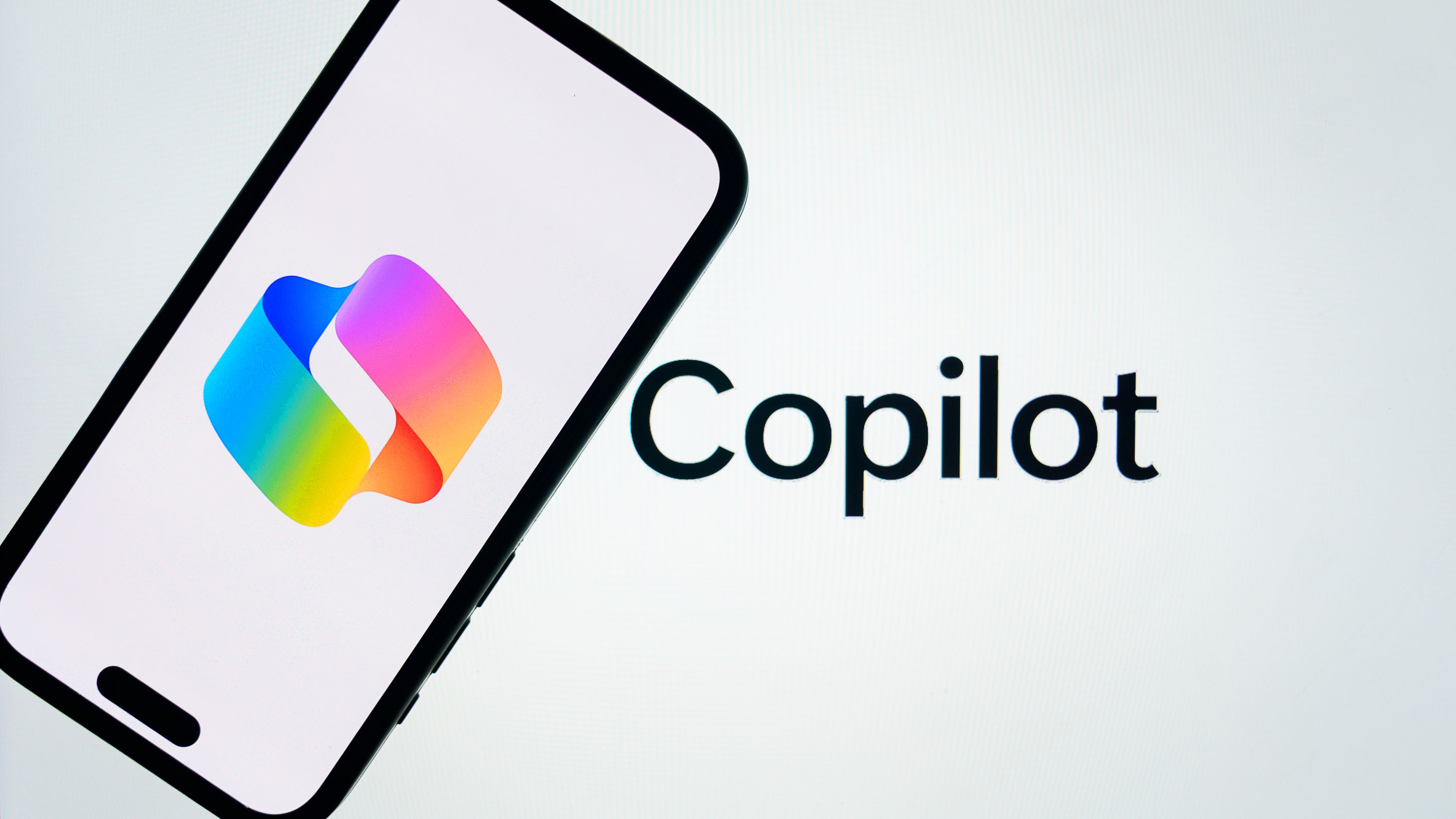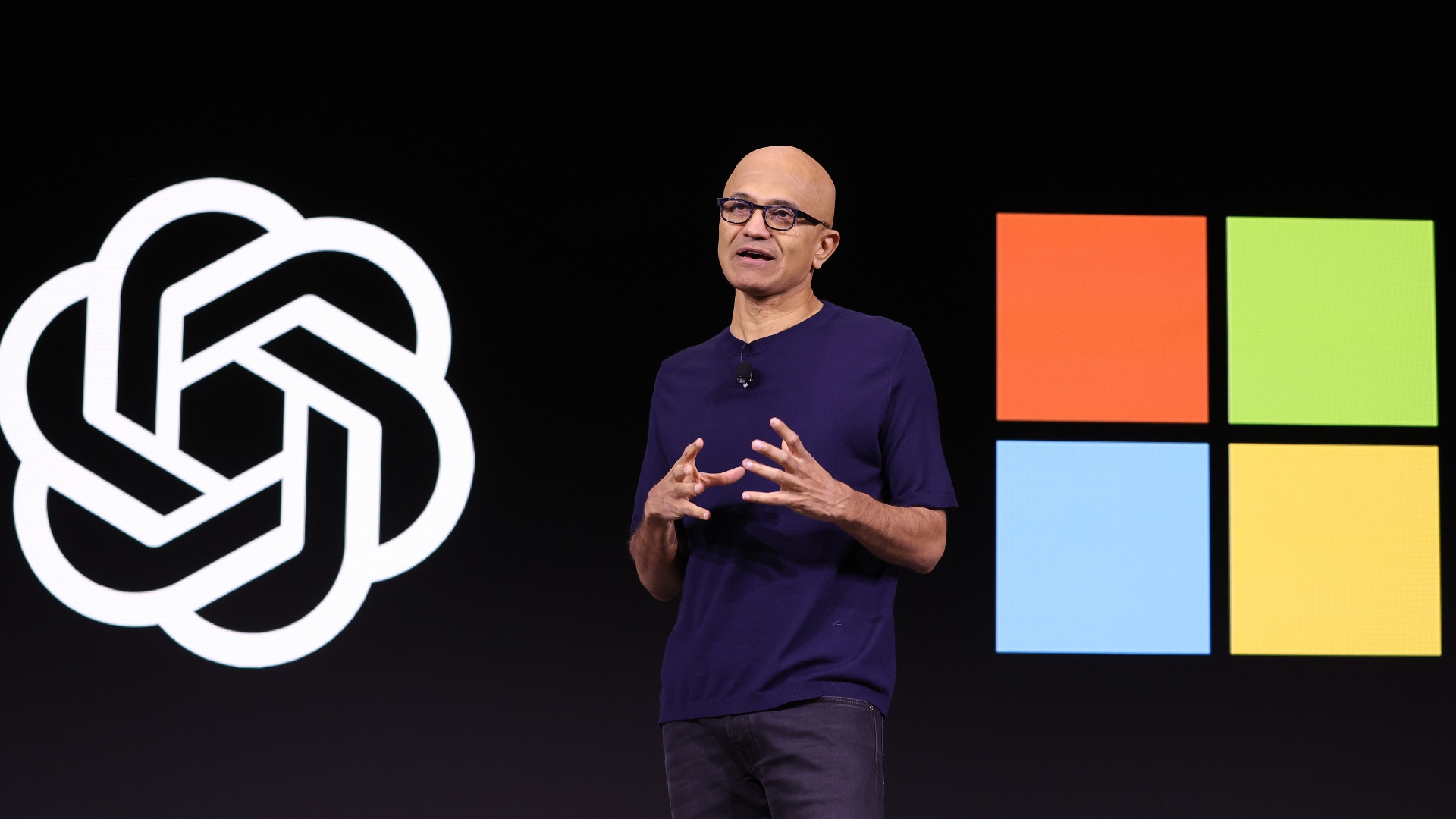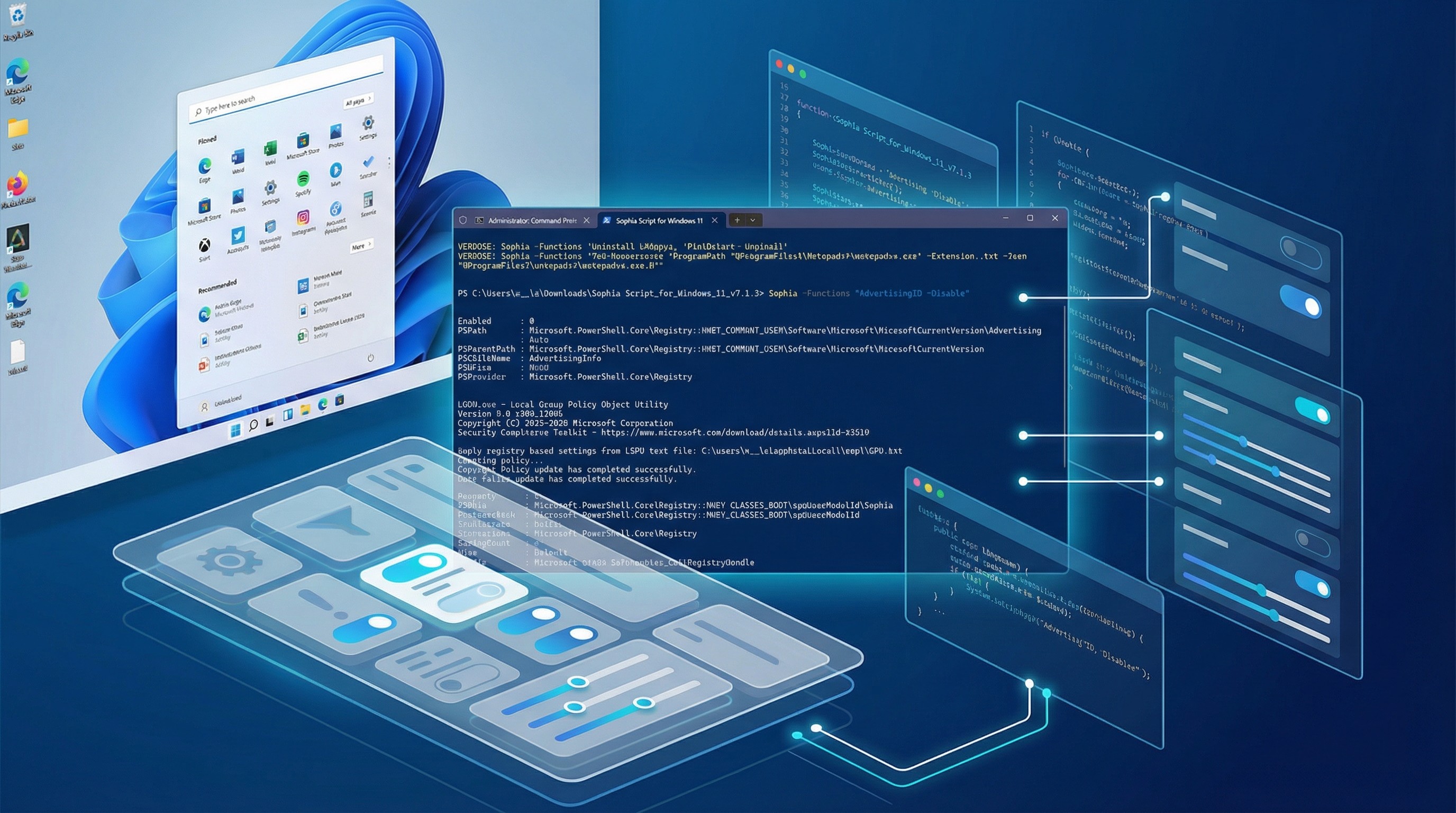UK civil servants saved 24 minutes per day using Microsoft Copilot, saving two weeks each per year according to a new report
20,000 UK civil servants are reportedly using Microsoft Copilot AI to support their day to day work, making the department more productive overall, but is it worth it?

All the latest news, reviews, and guides for Windows and Xbox diehards.
You are now subscribed
Your newsletter sign-up was successful
AI is supposed to make us more productive, and there's a fresh bit of data to suggest that it is indeed having some material impact.
Microsoft Copilot is baked into Windows, and is available as a tool on Microsoft Edge and as an app on iOS and Android. Powered by ChatGPT and other OpenAI models, Microsoft Copilot can help with formatting, writing copy, and also producing new content entirely based on a natural language prompt. The latest version also have conversational audio support as well, effectively letting you "chat" to the AI.
One big question is exactly how AI services like Copilot and OpenAI are going to impact work places. Indeed, Anthropic's CEO caused a stir last week by claiming that anywhere up to 50% of entry-level white collar jobs could be eliminated, replaced with AI, in the coming years. Microsoft's push into "agentic" AI has also triggered fears of job losses, as more and more programming tasks have been seconded to AI.

In the best case scenario, AI helps human workers become more productive, rather than fully replacing them. Cynicism makes me think that'll be unlikely, but there's at least some fresh data emerging out of the UK (via Financial Times) about how AI is being leveraged by a major government service.
According to the FT, a UK government study revealed that 20,000 civil servants were part of a pilot scheme for Microsoft Copilot. Government employees have begun using the service to draft documents, take meeting notes, search internal information, and even personalize recommendations to unemployed job seeker benefits claimants.
The study suggests that, on average, UK government workers in the scheme saved on average between 19 and 24 minutes per day — amounting to around 2 weeks per person per year — although the exact methodology to determine exactly how this had been calculated is unclear.
24 minutes per day didn't sound that impressive to me from the outset, but, according again to Microsoft Copilot (lol): 26 minutes × 253 days × 20,000 workers = 131,560,000 minutes saved. Which is 2,192,667 hours, or about 91,361 days in total per a standard UK working year — accounting for bank holidays, standard vacation time, and and the like. That's a fairly impressive productivity boost.
All the latest news, reviews, and guides for Windows and Xbox diehards.
Even if the measurements of "time saved per day" are incorrect in some way, 82% of participants still said they liked the technology and wanted to continue using it.
The big AI debate rages on

AI use in the work place is already fraught with controversy, with calls to limit and regulate the technology. There's a large movement among UK artists calling for the government to ban AI from training models on copyrighted works, with Facebook claiming the inability to steal copyrighted content would "kill" the AI industry.
Companies seem to find the idea of replacing human workers with artificial intelligence attractive, but have also worried privately about the brand damage it can cause. Duolingo's social media has been flooded with anti-AI commentary since the CEO claimed he wanted to replace its workers with AI, leading to a huge backlash and a climb down.
I used Copilot to do the above calculation, saving me the chore of being actually good at math (although I did check the methodology here). But therein lies the problem, as noted in FT's report, the occasional hallucinations and inaccuracies AI produces often requires humans to double check the work, which in some cases, may actually decrease productivity. In worst case scenarios, AI could throw up inaccuracies that cause legal headaches for companies and governments. I can't use it to write copy for articles for this reason alone (besides the fact I actually weirdly enjoy writing) — it's literally easier to just write things myself than double check everything Copilot says.
Where Copilot does tend to shine, for me, is formatting. Converting columns in Excel to comma separated lists without having to use the TEXTJOIN function is really handy. It can also create hardware spec tables for articles in HTML really quickly, which does save on tedium writing reviews occasionally.
This is all before we really start to discuss the carbon impact. According to Copilot itself, the amount of time saved per year via Copilot queries in the above study, and based on the estimate that each AI query generates 4.32g of CO2 emissions — the UK government's AI study produced 568 metric tons of CO2. But how much extra carbon would have an additional 91,361 days worth of human productivity have produced? What a rabbit hole this has become.
Do you use AI at work? If so, how? Let us know in the comments.

Jez Corden is the Executive Editor at Windows Central, focusing primarily on all things Xbox and gaming. Jez is known for breaking exclusive news and analysis as relates to the Microsoft ecosystem — while being powered by tea. Follow on X.com/JezCorden and tune in to the XB2 Podcast, all about, you guessed it, Xbox!
You must confirm your public display name before commenting
Please logout and then login again, you will then be prompted to enter your display name.
